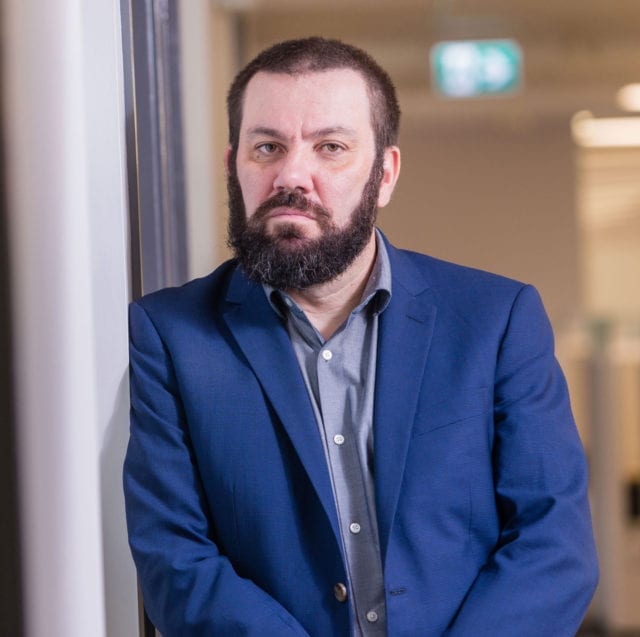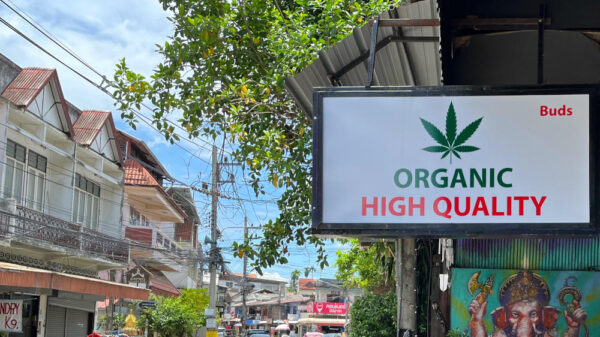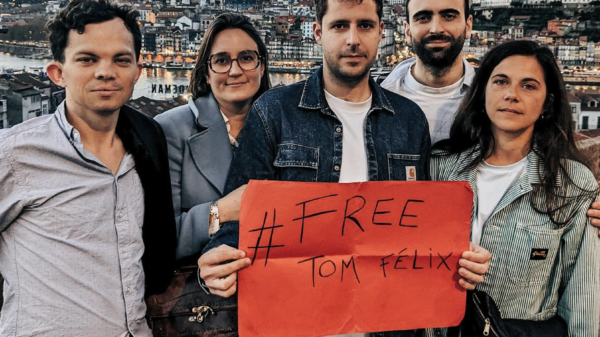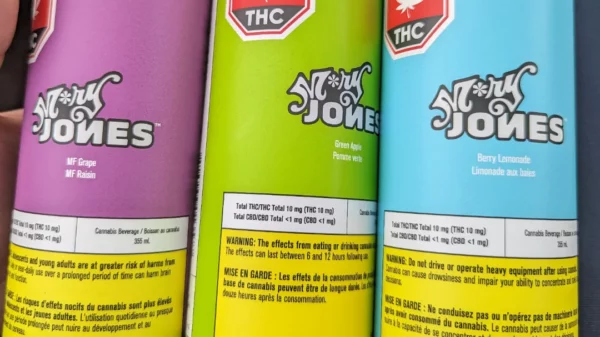PTSD sufferers have been medicating with cannabis to alleviate their symptoms, and it’s been working, new research suggests.
In the first study to document the relationship between post-traumatic stress disorder (PTSD), cannabis and severe mental health outcomes in a meaningful sample size, researchers from the BC Centre on Substance Use and the University of British Columbia found that PTSD sufferers medicating with cannabis were far less likely to experience severe depression and suicidal thoughts.
The study, published Tuesday in the Journal of Psychopharmacology, analyzed Statistics Canada health survey data from more than 24,000 Canadians. Of the 420 who reported a current clinical diagnosis of PTSD, 106 people, or 28.2 per cent, reported using cannabis in the past year, compared to 11.2 per cent of those without PTSD.
While the high-incidence of cannabis use in PTSD sufferers is well-known, its clinical effectiveness has been a subject for debate.
However, the new study shows significantly worse health outcomes for those who don’t use cannabis.
People with PTSD but who don’t use cannabis were about seven times more likely to have experienced a recent major depressive episode and 4.7 times more likely to have suicidal thoughts compared to people who don’t have PTSD and don’t use cannabis.
Among cannabis users in the study, PTSD was not associated with a recent depressive episode or suicidal ideation.
“We know that with limited treatment options for PTSD, many patients have taken to medicating with cannabis to alleviate their symptoms,” lead author and BCCSU research assistant Stephanie Lake said in the press release. “However, this is the first time that results from a nationally representative survey have shown the potential benefits of treating the disorder with cannabis.”
Recreational market paving the way for therapeutic use
The study’s senior author M-J Milloy told Mugglehead that the results are promising because established treatments of talk therapy and antidepressants are not that effective at addressing PTSD.

UBC pot professor M-J Milloy hopes that cannabis’s therapeutic uses will continue to expand. (Photo courtesy of UBC)
“One of the benefits of non-medical cannabis legalization is that it’s much easier now to do the clinical trials that we need to do to answer the question if cannabis is effective for a whole bunch of conditions,” he said.
There are a couple of clinical trials for PTSD and cannabis underway in B.C. and Arizona, he noted.
People use cannabis to self-medicate for a variety of health-related reasons, and with the legal recreational market continuing to open up, more people are experimenting with the plant’s potential medicinal properties.
“Whenever I’m in a good friend’s legal cannabis store in the West End of Vancouver,” Milloy said. “I often overhear customers saying ‘Well, you know, I’m here because my daughter says this might help me sleep, but prior to legalization I never would have used illegal cannabis.’”
“So I think we’re going to have more people reporting that they’re using, or trying, cannabis therapeutically and so we’re going to learn more because of that.”












